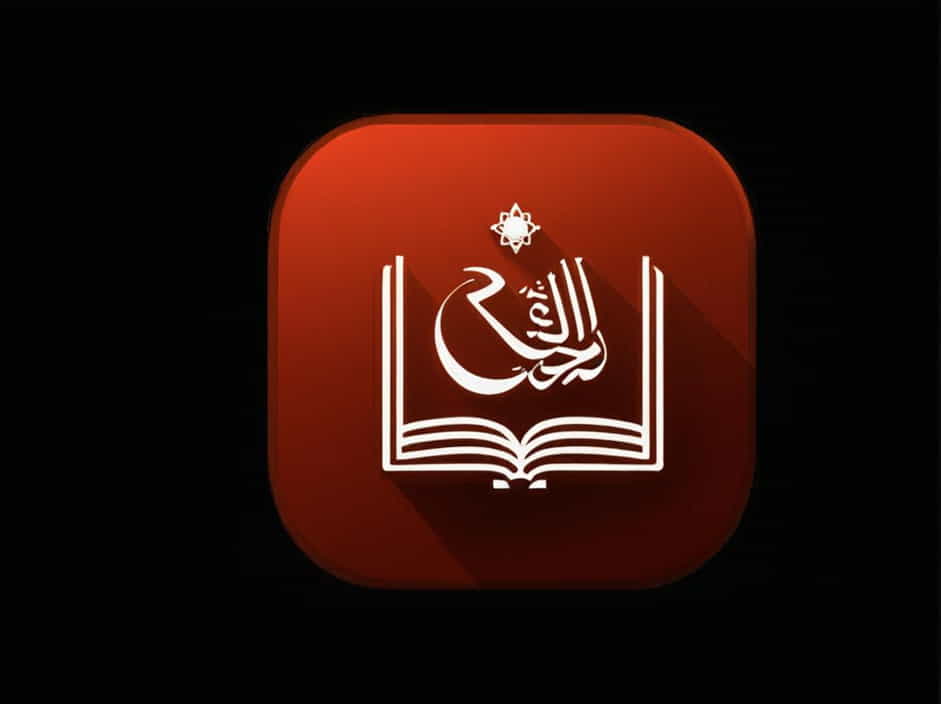The Quran is the primary source of Shariah (Islamic law) and serves as a divine guide for Muslims worldwide. It contains legal, moral, social, and spiritual teachings that form the foundation of Islamic jurisprudence. Shariah governs various aspects of life, including worship, business, family relations, crime, and ethics.
Understanding the role of the Quran in Shariah is essential for appreciating how Islamic law is derived and applied. This topic explores how the Quran serves as the foundation of Shariah, its principles, and its influence on Islamic legal systems.
1. What is Shariah?
A. Definition of Shariah
The word Shariah comes from the Arabic term “Shari’a”, meaning “a clear path” or “the way to water”. It refers to the divine law of Islam, guiding Muslims in their religious, social, and legal affairs.
B. Components of Shariah
Shariah is derived from four primary sources:
- The Quran – The direct word of Allah, revealed to Prophet Muhammad.
- The Sunnah – The teachings and practices of the Prophet Muhammad.
- Ijma (Consensus) – The agreement of Islamic scholars on legal issues.
- Qiyas (Analogical Reasoning) – The application of existing rulings to new situations.
Among these, the Quran is the highest and most authoritative source.
2. The Quran as the Primary Source of Shariah
A. Divine Revelation and Authority
The Quran is considered the literal word of Allah, revealed over 23 years to Prophet Muhammad. It serves as the ultimate legal and ethical guide for Muslims. Every law, ruling, and command in the Quran is considered absolute and binding.
B. Comprehensive Legal Guidance
The Quran provides guidance on all aspects of life, including:
- Acts of Worship (Ibadah) – Prayer, fasting, charity, and pilgrimage.
- Family Law – Marriage, divorce, inheritance, and child custody.
- Business and Trade – Contracts, fairness in transactions, and prohibition of usury (riba).
- Criminal Law – Punishments for theft, adultery, and false accusations.
- Social Ethics – Justice, kindness, honesty, and respect for human rights.
C. Examples of Quranic Laws
The Quran establishes key legal principles that form the basis of Shariah, such as:
- Justice and Fairness
“Indeed, Allah commands justice, good conduct, and giving to relatives and forbids immorality, bad conduct, and oppression. He admonishes you that perhaps you will be reminded.” (Quran 16:90)
- Punishment for Theft
“[As for] the thief, the male and the female, amputate their hands in recompense for what they committed as a deterrent from Allah.” (Quran 5:38)
- Marriage and Divorce
“And if you fear that you will not deal justly with the orphan girls, then marry those that please you of [other] women, two or three or four.” (Quran 4:3)
These laws and commandments form the foundation of Islamic legal rulings.
3. Key Principles of Quranic Legislation
The Quranic laws are based on several core principles that ensure justice, fairness, and morality in Islamic society.
A. Justice (‘Adl) and Equality
Justice is a central theme in the Quran. Islamic law ensures that every individual, regardless of status, is treated fairly under the law.
“And establish weight in justice and do not make the balance deficient.” (Quran 55:9)
B. Mercy and Compassion
The Quran balances justice with mercy. While punishments exist, Islam encourages repentance and forgiveness.
“But if someone forgives and makes reconciliation, his reward is [due] from Allah.” (Quran 42:40)
C. Public Welfare (Maslahah)
Shariah laws aim to protect the well-being of individuals and society. Laws regarding prohibition of alcohol, fair trade, and inheritance ensure a just social order.
“And do not consume one another’s wealth unjustly or send it [in bribery] to the rulers in order that [they might aid] you.” (Quran 2:188)
4. The Quran’s Influence on Islamic Legal Systems
A. Basis for Modern Islamic Law
The Quran remains the foundation of Islamic legal systems in many Muslim countries. It influences:
- Family laws (marriage, divorce, inheritance).
- Financial laws (prohibition of riba and fair trade).
- Criminal justice (punishments and evidence requirements).
B. Flexibility and Interpretation
While the Quran contains explicit legal rulings, it also provides general principles that allow scholars to derive new rulings based on contemporary issues.
For example, modern scholars interpret Quranic economic principles to address issues like Islamic banking and financial ethics.
5. Challenges in Implementing Quranic Laws
A. Cultural and Political Differences
Different Muslim societies interpret and implement Quranic laws differently due to historical, cultural, and political factors. Some countries apply strict Shariah-based legal systems, while others adopt a mix of Islamic and secular laws.
B. Misinterpretation of Quranic Laws
Some individuals or groups misuse Quranic teachings to justify extreme or unjust practices. However, true Islamic law emphasizes justice, fairness, and the welfare of society.
“There is no compulsion in religion. The right path has become distinct from the wrong.” (Quran 2:256)
6. The Role of Scholars in Interpreting the Quran
A. Ijtihad (Independent Reasoning)
Islamic scholars use ijtihad to derive rulings from the Quran based on changing circumstances. This allows Islamic law to adapt to new challenges while staying true to the Quranic teachings.
B. Consensus (Ijma) and Legal Schools
Different Islamic legal schools (madhabs) have developed over time, including:
- Hanafi
- Maliki
- Shafi’i
- Hanbali
Each school interprets Quranic laws based on different methodologies while maintaining the core principles of Islam.
7. The Quran as a Living Source of Shariah
The Quran remains the ultimate source of Shariah, providing moral, social, and legal guidance for Muslims. It emphasizes justice, fairness, mercy, and public welfare, making it a comprehensive and adaptable legal system.
While interpretation and application may vary, the core message of the Quran remains unchanged—to establish a just and ethical society based on divine guidance. Understanding its role in Islamic law helps Muslims apply its principles in modern life while upholding its spiritual and legal values.
